China is willing to strengthen communication and exchanges with the international community on the security governance of artificial intelligence (AI), promote the establishment of an international mechanism with universal participation, and form a governance framework and standardized norms with broad consensus, said Wang Wenbin, a spokesperson from the Chinese Foreign Ministry, on Thursday.
Wang's remarks came after Tesla CEO Elon Musk said during a Twitter Space event with two U.S. congressmen that China is interested in a cooperative international framework on artificial intelligence.
According to a report by Reuters, Musk said that he had advocated for artificial intelligence regulations and oversight, including in his meetings in China.
Wang said that China attaches importance to the development and governance of AI, advocates adhering to the principle of human-centered intelligence and creating AI for good, and always participates in global cooperation in a highly responsible manner.
Musk recently made a trip to China and met some Chinese officials, including Chinese State Councilor and Foreign Minister Qin Gang, Minister of Commerce Wang Wentao, and Minister of Industry and Information Technology Jin Zhuanglong.
During the opening ceremony of this year's World Artificial Intelligence Conference in Shanghai, Musk praised China's AI industry development in a video speech, noting that China will have strong AI prowess in the future as there are many intelligent people in the country.
"AI is a brand new thing for all mankind, and it is an inevitable product of the development of the digital economy and technology. It is an opportunity for all human beings to improve the quality and efficiency of work and life, while it also brings challenges in fields like privacy and social ethics. Therefore, we should establish better and broader international cooperation on it," said Wang Peng, an associate research fellow at the Beijing Academy of Social Sciences, told the Global Times on Thursday.
Wang Peng added that China and the U.S. can enhance cooperation on AI regulation, and they can explore how to manage AI to minimize its risks, such as privacy leakage.
In terms of AI application, the two countries can exchange views on fields like global public governance, climate issues, counter-terrorism, as well as the protection of world heritage, noted Wang Peng.
On Thursday, China issued a series of measures to manage the industry, a further step for its tech companies to roll out AI services.









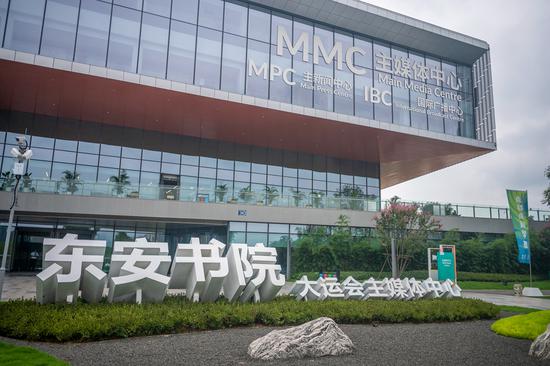







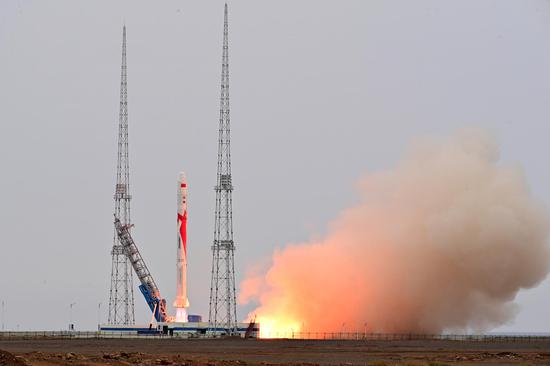
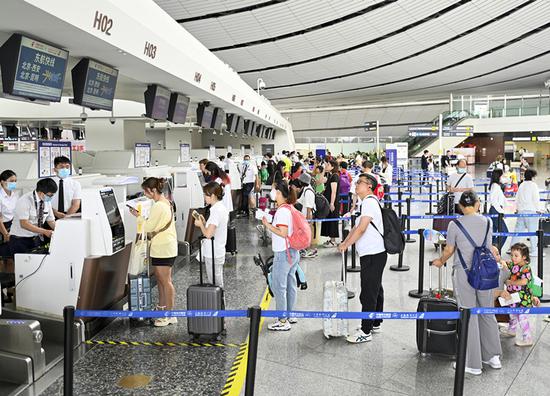


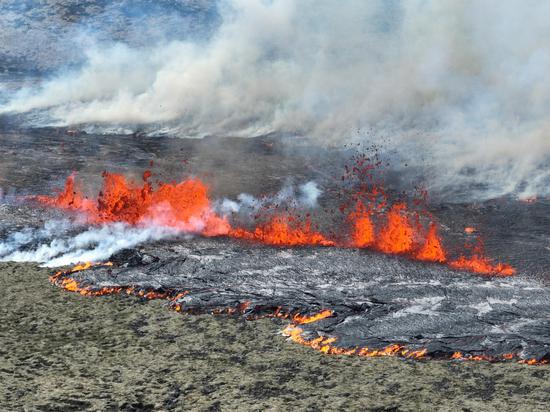
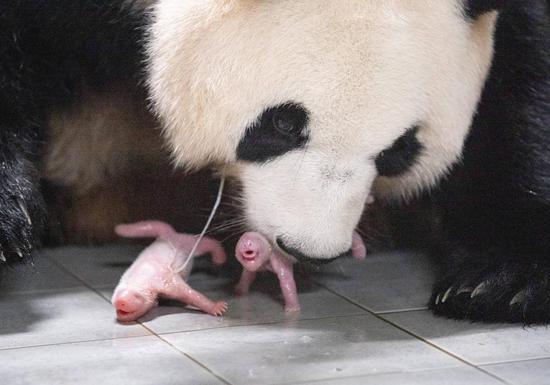
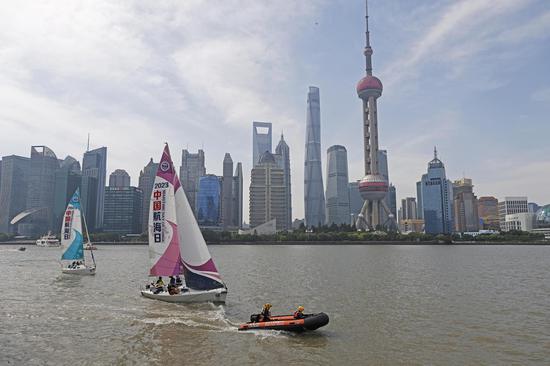

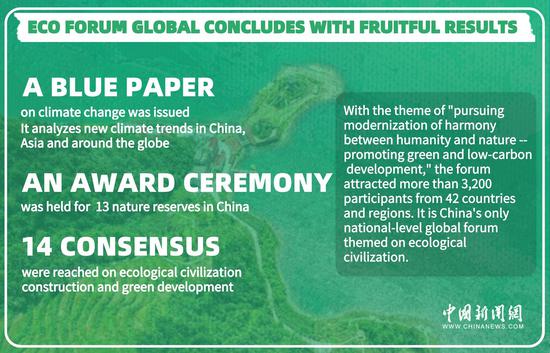
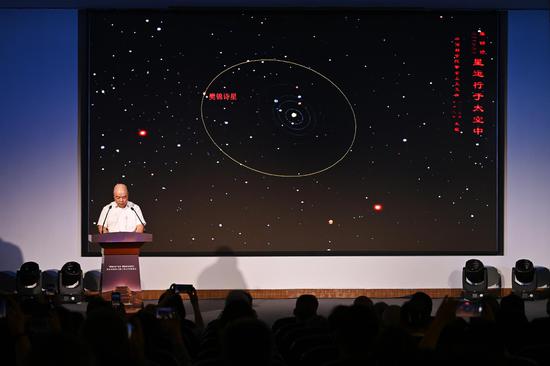
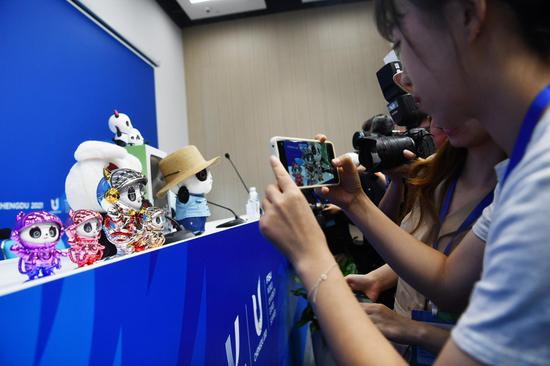



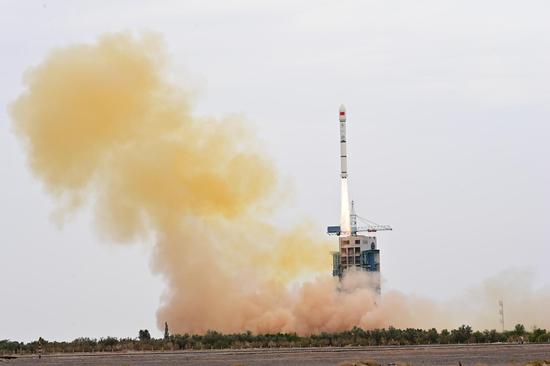
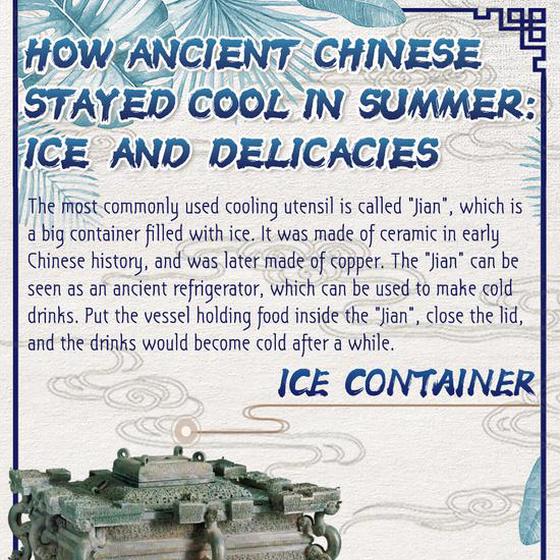
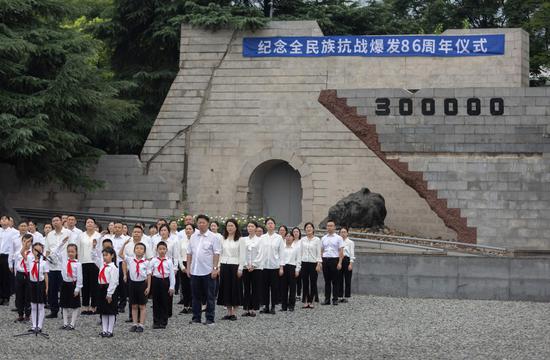
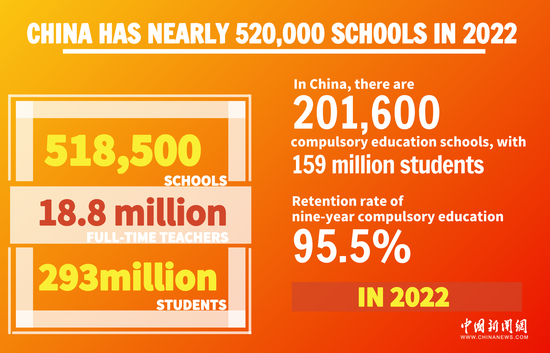

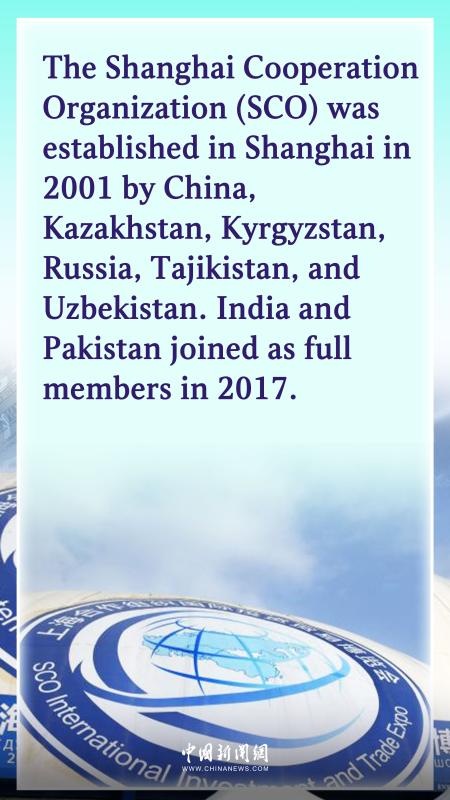


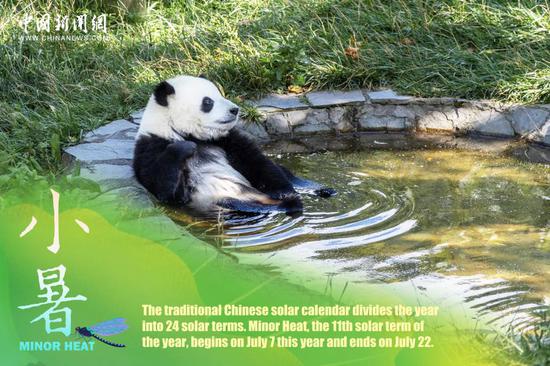
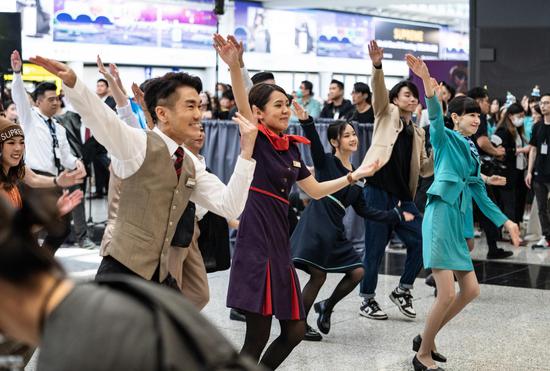
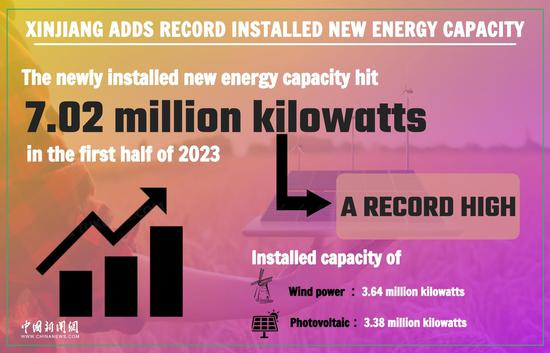

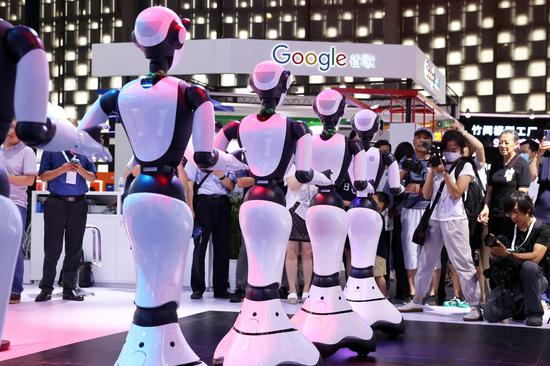






 京公网安备 11010202009201号
京公网安备 11010202009201号